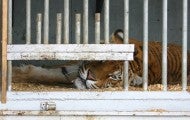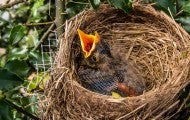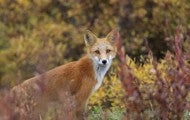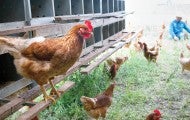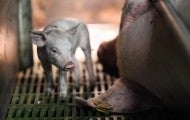Showing 13 of 33 results
Animals with fur suffer immensely in the name of "fashion." Fortunately, more and more brands, designers and retailers are going fur-free. The companies listed below have announced that they don't sell animal fur or are phasing in a fur-free policy. (Please note that leather and shearling are not...
Around the world, animals used for meat, eggs and dairy often suffer on factory farms where they are treated as units of production rather than living, feeling creatures. The Humane Society of the United States and Humane Society International present comprehensive reports on animal agribusiness and...

